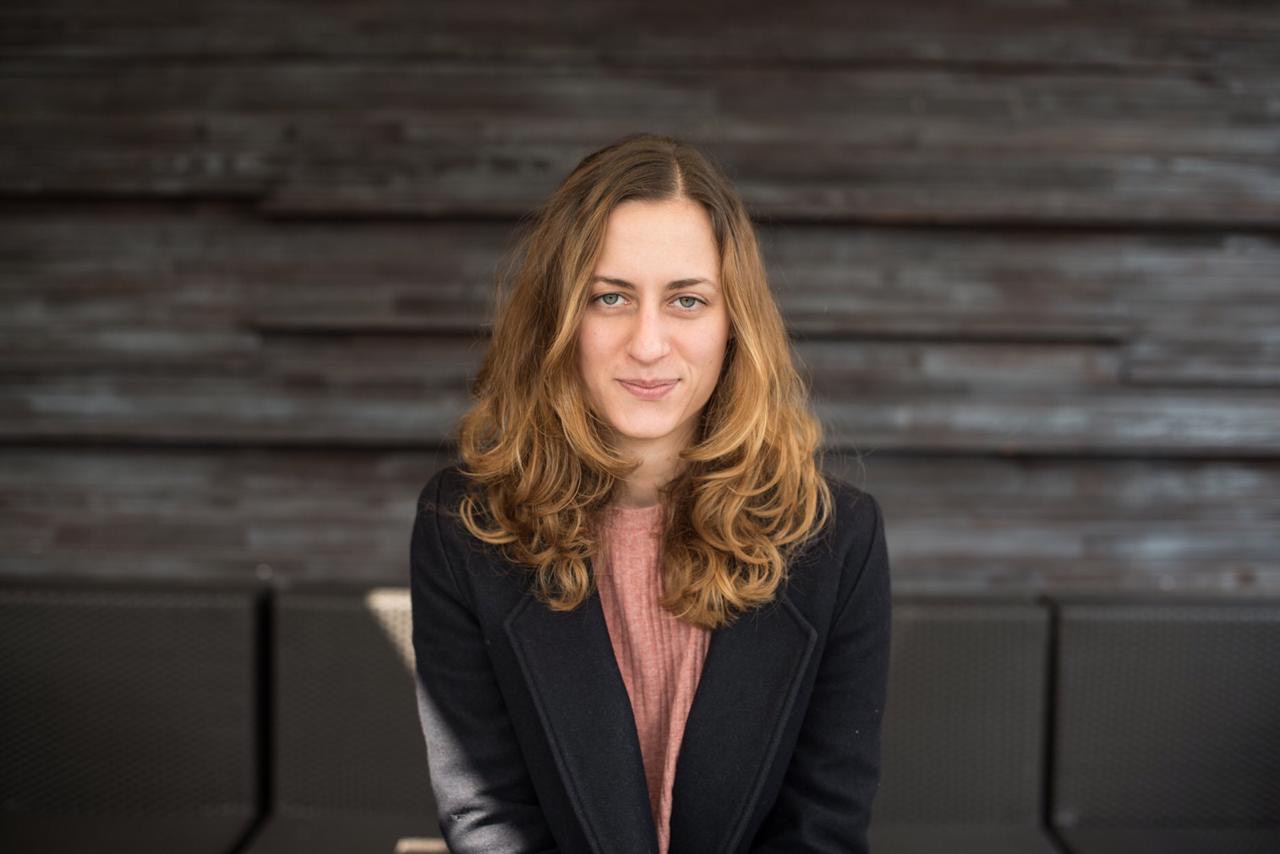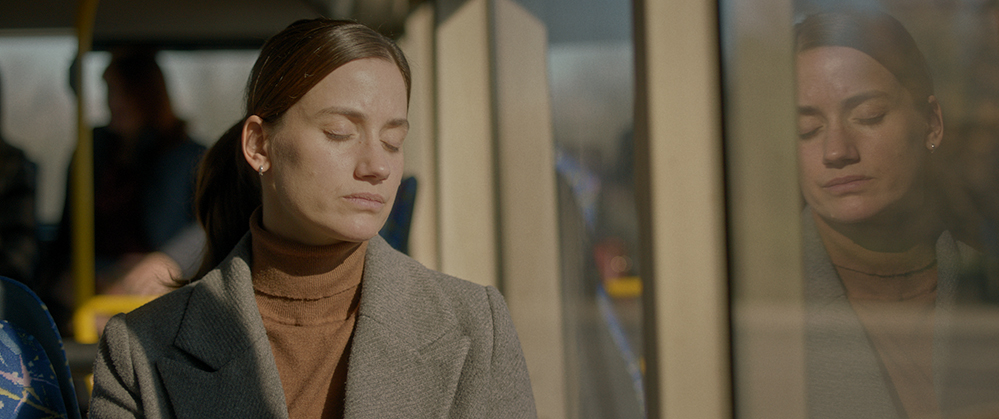Lucidno
INTERVIEW - CLAUDIA BOTTINO

Camera Lucida: You worked together with Senad Šahmanović om the script of Sirin. How challenging is it to work on a script with someone, is it your 1st time to work in collaboration, are cultural, linguistic, gender or other differences important?
Claudia Bottino: Sirin is my first collaboration with Senad, but it's not unusual for me to work with foreign directors. Co-writing is part of my job and what I like the most about it it’s sharing an experience with someone who is different than me. For this project, there was a linguistic challenge at the beginning, of course. My mother tongue is Italian, but I've been living in Paris for 18 years now, so I only write in French and in English. Senad and I used to communicate in English. That wasn't a problem at all.
Of course, there was a cultural difference, but that was the most interesting part of the job for me. I learnt a lot about the Balkans, a territory that fascinates me. During our writing session, we kept saying that we wanted this story of uprooting to be universal. That's what guided us.
As for the question of gender, we didn't ask ourselves that question a lot during the writing process. I think that Senad has done an excellent job, filming this woman who returns to her native country after so many years spent abroad. Above all, he was able to film the invisible, the floating nature of the character, her fragility, but also her strength.

Camera Lucida: You received a pitching award at Sarajevo FF and many other festivals. How important, encouraging are awards in this stage of artistic process (pre-production)?
Claudia Bottino: We've taken part in a lot of workshops (Sarajevo, Pristina, MidPoint etc) and received several awards that have encouraged us during the years we've been developing the project. These awards are really important in general, because they give the project visibility and can open many doors. I really love Sarajevo film festival, I've been there twice and each time I've noticed that there is a lot of enthusiasm towards the teams who pitch the projects.
Camera Lucida: A subtle social drama on complex human relationships, alienation, uprootedness, Sirin brilliantly focuses on the female protagonist’s state of mind and, thus, it seems to me, foregrounds the female sensitivity, with 5 female protagonists dominating the screen, by contrast to the male characters. As if the female characters are the ones who find ways to reconcile or at least try to communicate in order to subdue the alienation, being given a vital driving force to counter-balance religious and political corruption and moral depravity?
Claudia Bottino: While writing the story, we kept talking about religion, politics and morality. We didn't think too much about gender, to be honest. The “space” and “volume” given to female characters wasn't premeditated, it was all quite natural. We followed our intuitions. I think that when you're sincere in what you say, the choices you make are always the right ones.
Camera Lucida: As a script-writer, how satisfied are you with the final film product?
Claudia Bottino: I'm very happy with the film. I saw a few versions, from an early cut to the final cut. My only regret is that I wasn't able to attend the world premiere at the Sarajevo festival, last year. Senad sent me a lot of pictures of the event. He told me it was magical.
Camera Lucida: You write and direct your own films. You are a complete auteur. Autonomy, challenges, downsides and advantages of this process?
Claudia Bottino: I'm also a director, I've made three short films and I actually met Senad at the Odense festival, because our two short films were in competition. Directing my own projects and writing for other directors are two very different things, but they also complement each other, in a way. When I write for other directors, I really try to understand what they want, and that takes time and patience. It's something that nourishes me a lot too, on a human and spiritual level. I like to have this deep connection with another artist. That said, the fact that I am also a director gives me a sort of advantage over screenwriters who have never directed, because I know what happens on set, the challenges that a director faces every day and I can sometimes anticipate some problems during the writing process. This can be interesting on small budget features, when you wonder about the feasibility of certain scenes.
Sometimes you have to compromise and you have to know how to make the right choices and not lose your project along the way, which can unfortunately happen sometimes. In my opinion, a good scriptwriter can see a project through to the end, because he or she is a true ally of the director. After all, we're all working on the same film.
Maja Bogojević



